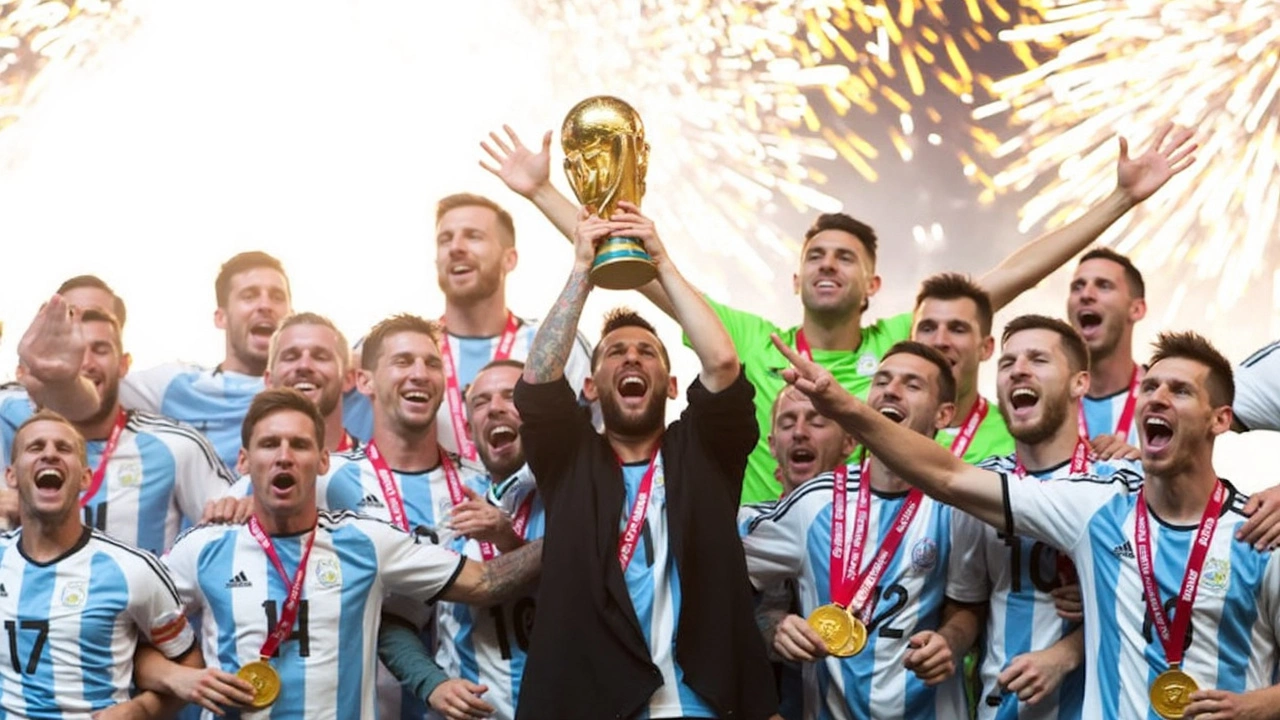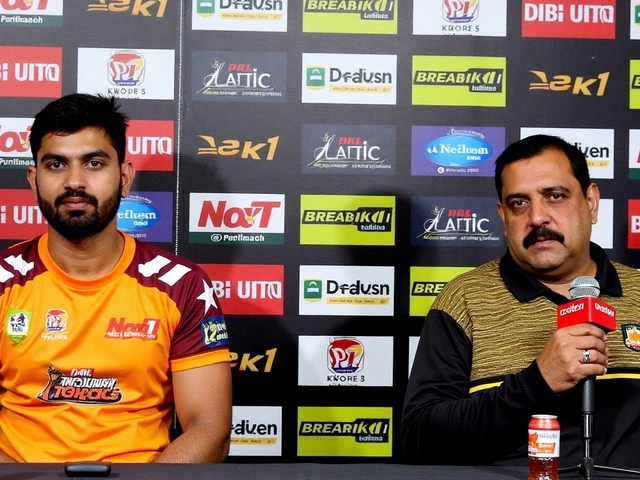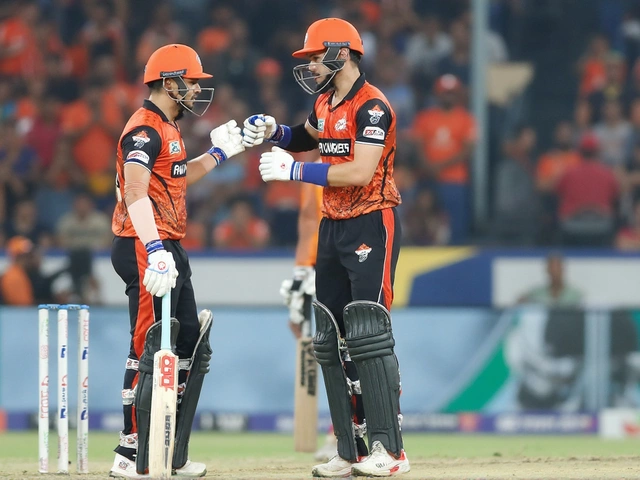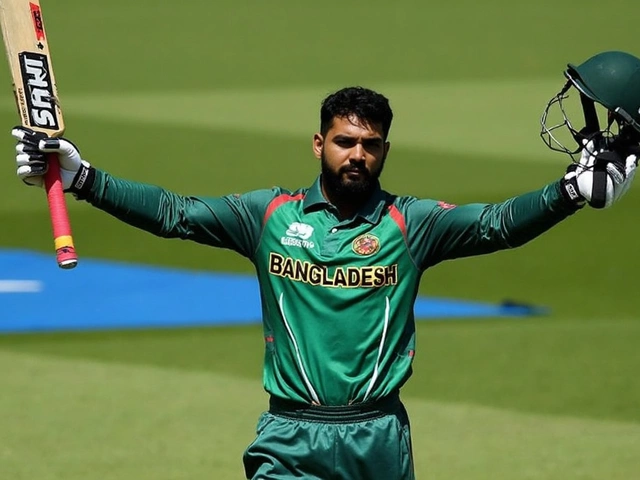A Brief Look at FIFA World Cup Winners and Their Lasting Legacies
It’s hard to talk about football’s biggest stage without mentioning the FIFA World Cup winners’ list. The FIFA World Cup winners have become household names not just for lifting the trophy, but also for breaking all sorts of records and re-shaping how fans see the beautiful game. Since the first tournament in 1930, only eight countries have managed to win. That’s a tiny club, considering over 200 nations try to get there.
Brazil sits at the top of this elite group, boasting five titles. Their wins in 1958, 1962, 1970, 1994, and 2002 turned legends like Pelé and Ronaldo into icons. Each victory sparked huge celebrations—from Pelé’s emotional tears in Sweden to Rivaldo and Ronaldo stealing the show in South Korea and Japan. Germany and Italy are close behind, each collecting four championships. Germany’s consistency, especially since reunification, is impressive—their 2014 win in Brazil stands out for the demolition of host nation Brazil in the semifinals. Italy’s triumph in 2006 was their last, ending with that infamous Zidane headbutt in the final.
Argentina, with two wins (1978, 1986), saw its narrative deepen when Lionel Messi lifted the trophy in 2022, bringing joy to fans worldwide and neatly bookending the Maradona era of genius. Uruguay, however, can claim to be the first champions—after their surprise win at home in 1930, they repeated the feat in 1950 by shocking Brazil with a legendary comeback. England’s solo crown in 1966 is still celebrated—Geoff Hurst’s hat-trick at Wembley is a staple in English football folklore.
France’s story is all about eras colliding. They claimed their first title in 1998, beating Brazil in Paris with Zinedine Zidane’s famous headers. They did it again two decades later, this time in Russia, with Didier Deschamps joining an exclusive group by winning both as player and manager—a feat only Mario Zagallo and Franz Beckenbauer had achieved before him.
Spain’s only win—2010 in South Africa—ushered in a new style. Their tiki-taka passing game, orchestrated by Xavi and Iniesta, broke opponents’ spirits and brought Spain their first star on the shirt. It was more than a victory: it was a lesson in patience and sharp technical skill. Modern fans might argue the game is shifting, especially after Germany’s dominant 2014 run and Argentina’s storybook 2022 campaign.
Records, Icons, and the Race for Greatness
Talk of champions isn’t complete without the men who make tournaments unforgettable. Miroslav Klose, the German striker, grabbed a record 16 World Cup goals over four tournaments. He overtook Ronaldo (the Brazilian one) in 2014 and did it quietly—the way Klose does most things. But if you want fireworks, look no further than Just Fontaine. In 1958, the Frenchman ripped defenses apart for 13 goals—a single-tournament record that’s still unbeaten.
The manager’s job isn’t just about drawing tactics. The likes of Mario Zagallo, Franz Beckenbauer, and Didier Deschamps proved you can master the World Cup chessboard as both player and coach. That’s the kind of duality most pros can only dream of. Under their guidance, teams found the extra edge needed to become immortal in football history.
New nations like Nigeria keep knocking at the door, sometimes dazzling in group stages with skill and speed but so far falling short of the ultimate prize. India, despite its football fandom, has yet to leave a mark on the tournament’s later rounds. Power has shifted, though. Traditional heavyweights face tougher competition every cycle. Japan and South Korea have shown they can hold their own, and dark horses reach quarterfinals more often these days. It's a reminder that the World Cup never stops surprising us.
No matter who wins next, the legacy of past champions, the chase for new records, and the electricity of each final whistle mean the World Cup remains football’s greatest drama. Fans already can’t wait for the next chapter.



